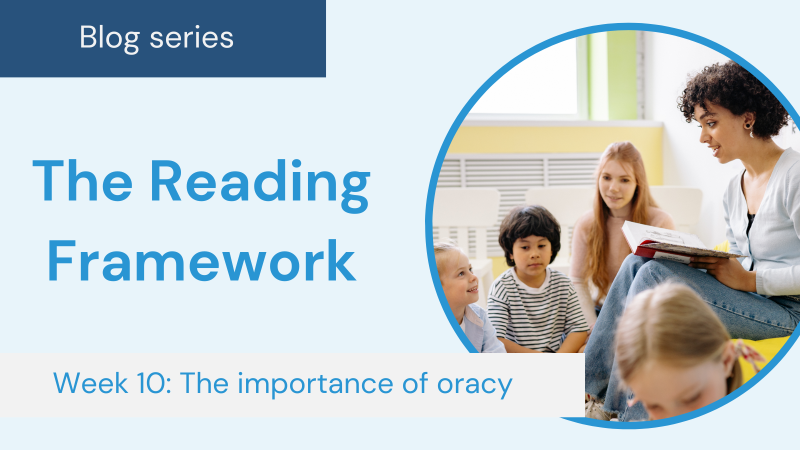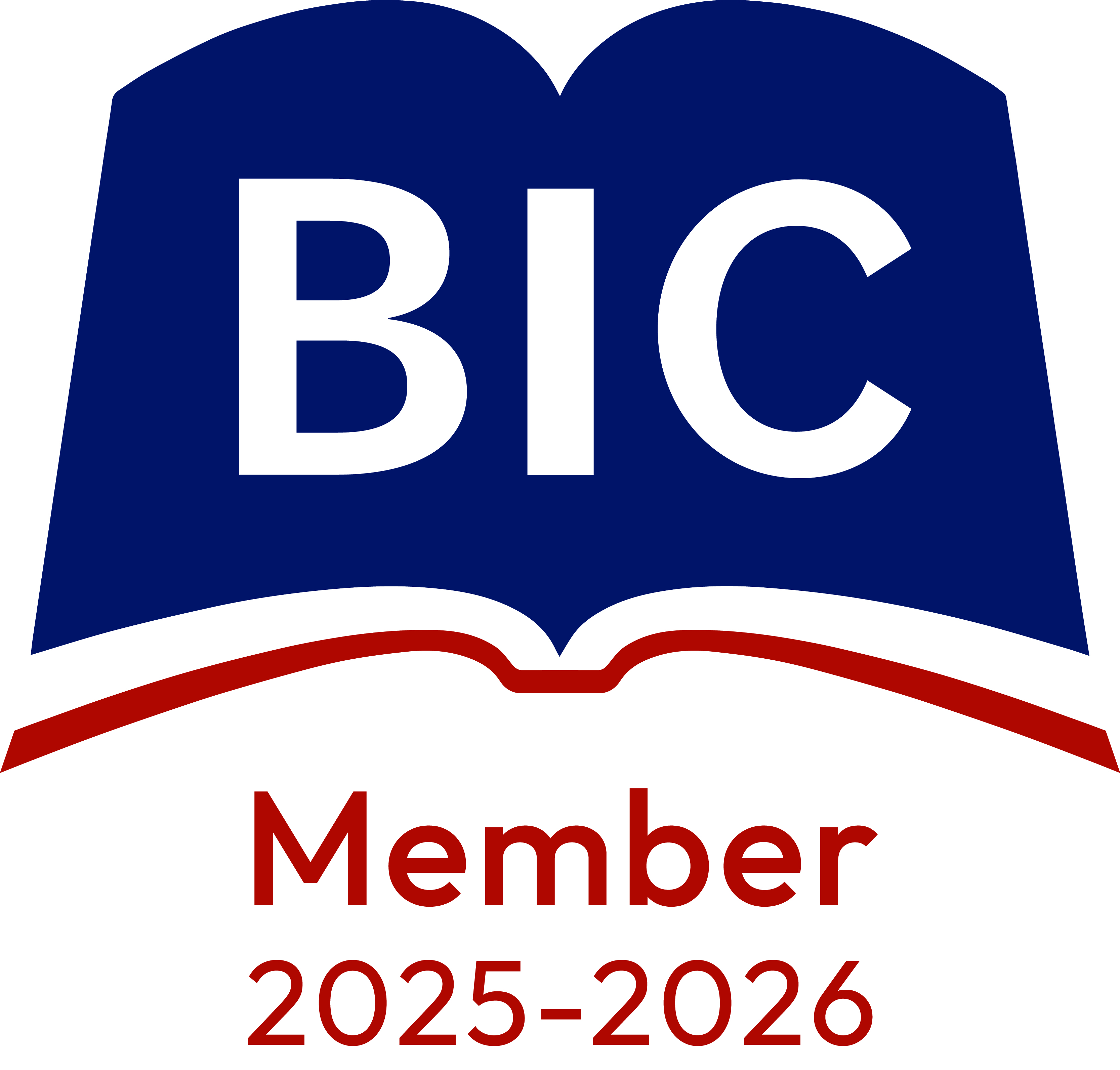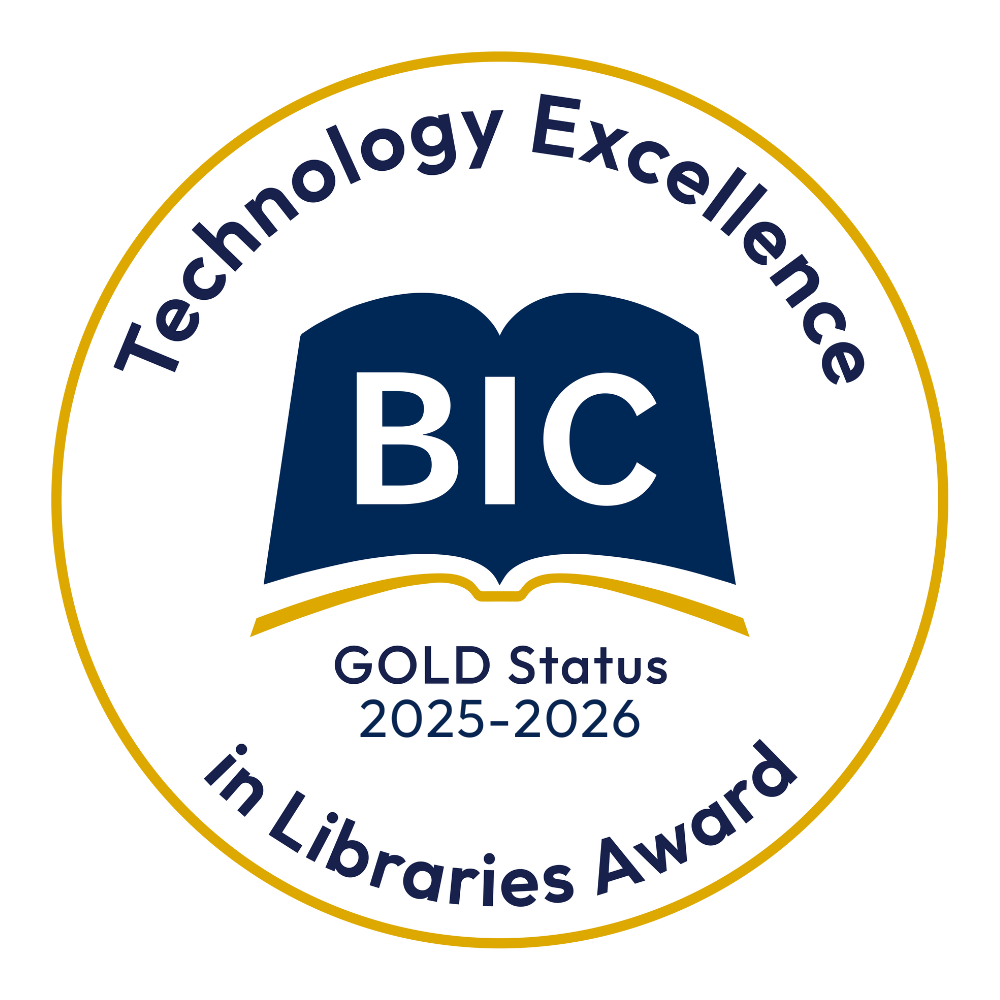For help, advice and telephone ordering call our team on 0121 666 6646
Are you sure you wish to delete this basket?()
This action cannot be undone.
Sorry, something went wrong
Please report the problem here.
Reading Framework series: Oracy – building pleasure in reading through a love of language

November 27th 2023
Given prominence in The Reading Framework, oracy is set to become increasingly important for schools, after a more concerted focus in recent years on reading and writing. Improving oracy skills has the potential to be life-changing; it helps pupils learn to express themselves effectively, encourages interaction with others which in turn fosters positive mental health, and promotes a love of language that can encourage reluctant readers to give books another chance. Our team share their thoughts on the importance of oracy when curating your book collection.
'Reading aloud fosters positive attitudes, enhances pupils' motivation to read, and develops vocabulary and other knowledge, including of books, authors and genres that they might not choose to read for themselves. It also contributes indirectly to their fluency, as they listen to an accomplished reader bring a text to life.'
DfE Reading Framework 2023, page 101
Poems for schools'Through enjoying rhymes, poems and songs, and reciting poems or parts of longer poems together as a class, teachers can build pupils' strong emotional connection to language.' DfE Reading Framework 2023, page 29 Our KS2 poetry page is updated every term with suggestions and book recommendations to cover topical themes, including new poetry releases. Teachers often tell us they feel less confident when selecting poetry to read with their pupils, so we hope there is something here for everyone. We also have EYFS read aloud and rhyme and rhythm selections to help you engage pupils in loving language right from the start of their learning journey. |
|
|||||
School picture books & wordless books for older readers'As with younger children, reading aloud to older pupils is a key way of supporting their development as readers, 'even though pupils can now read independently'.' DfE Reading Framework, page 101 Sometimes dense text can be a barrier to pupils, so our team have specifically developed selections for sparking conversation and helping captivate children with wordless picture books, as well as school picture books for older readers. Wordless picture books provide opportunities to foster language development and writing skills as pupils have to help narrate or imagine the story in the absence of text. We've also put together a dedicated list of our favourite wordless picture books to use with your pupils, and you can find the full list here. In Key Stage 3, teachers should consider reading aloud to pupils during tutor time. |
||||||
Reading aloud'The main aim of storytelling is to breathe life into the words, capturing children's attention rather than simply entertaining them.' DfE Reading Framework 2023, page 33 Reading aloud is a soft form of guided reading and can help to build reading communities and promote core values for life, such as empathy and tolerance. For some pupils, their teacher may be the only one who reads aloud to them regularly. For reluctant readers, hearing stories read aloud in a way that excites and engages may be what inspires them to pick up a book themselves. Take a look at our recommendations for whole class reads and Drop Everything and Read (DEAR). |
|
|||||
Guided readingInvesting in a guided reading selection that enables children to build on their skills year-on-year is essential, but it's also important to see this time as an opportunity to transform reading engagement. Sharing a book as a classroom community can bring pupils together and can help them feel represented if the texts chosen are inclusive of all. Guided reading can help introduce pupils to authors and styles of writing that they may not have come to independently. |
||||||
|
|
Tutor time reading'In Key Stage 3, form tutors might consider reading aloud during tutor time.' DfE Reading Framework, page 101 For many secondary schools seeking to establish a Reading For Pleasure culture, reading aloud during tutor time is already being successfully used to promote a love of reading amongst students. It's a real opportunity to engage KS3 pupils with their continued reading journeys, and is a great way to support pupils during their transition year. Visit our tutor time page for our Curriculum Advisors' suggested texts, including fiction, non-fiction, poetry, illustrated books and more. |
|||||
Improving oracy is something that, given appropriate attention, can have huge benefits across all aspects of pupils' learning: supporting their wellbeing and ability to communicate, opening their eyes to the world of performance and the arts, and helping them find a love of literature. If you're considering making oracy a bigger priority in your school next term, whether that be through a one-off event or a longer-term scheme, contact our team for support and book recommendations.
Get in touch
Need more advice on implementing the reading framework guidance? Get in touch by emailing us at hello@peters.co.uk, or call us on 0121 666 6646.







